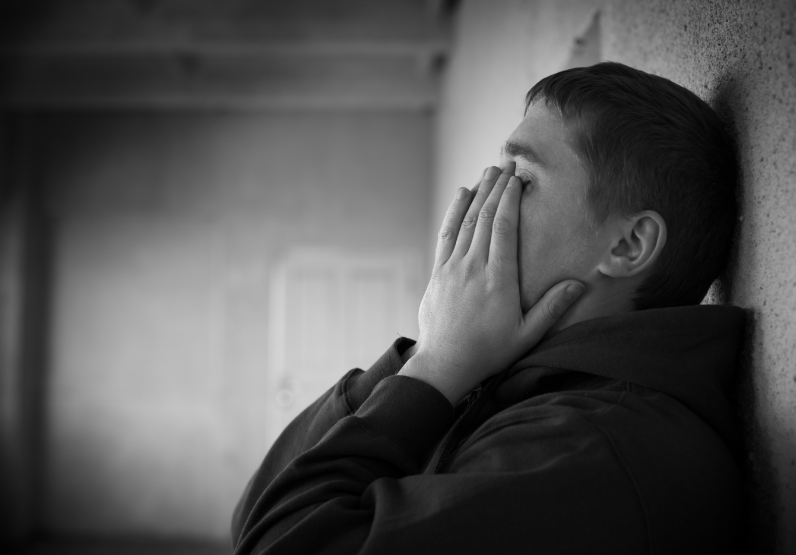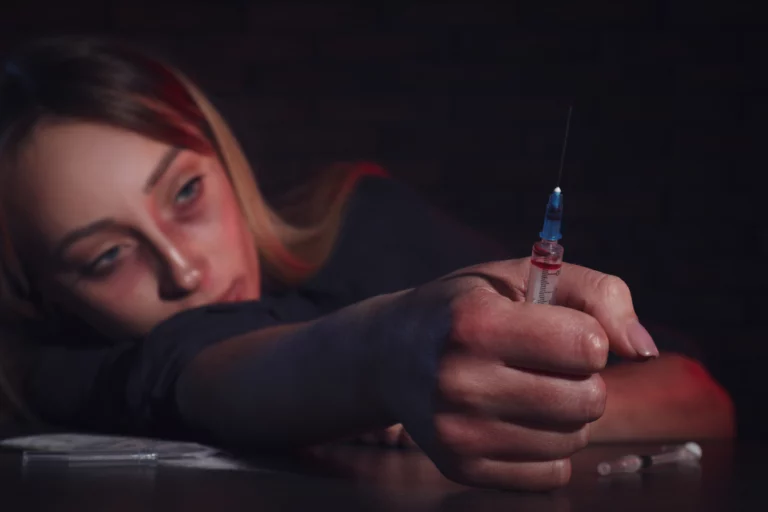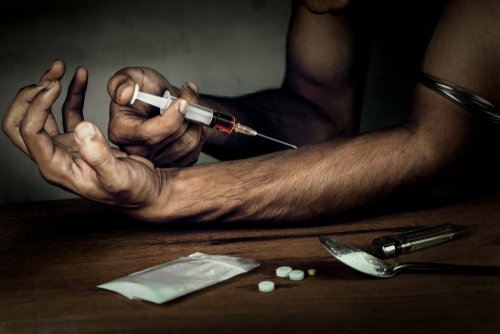My Child is an Addict—What Can I Do? A Complete Guide
My child is an addict, what can I do? This is a heartbreaking but, unfortunately, common question. Being a parent, your main concern is for your child, no matter whether he/she is taking their first steps or raising their own kids. It can be devastating to realize that your child is struggling with addiction, regardless of their age.
Addressing an adult child about their addiction can be challenging, as you may feel helpless to provide assistance since they are of an age to make their own decisions, and disciplining them may not have the same result as it would have had when they were younger. Nevertheless, your parental instinct to secure them when you sense that they are in danger still remains.
In fact, realizing that your adult child is an addict can stir up a need inside you to do whatever you can to help them. In this article, we discuss what you can do to help them, and what you should avoid at all costs.

Drug Addiction Explained
Addiction can be considered a long-term mental illness that compels people to look for and use drugs, regardless of the damaging effects they may have. It is classed as a brain disorder, since it alters the circuits in the brain linked to rewards, stress, and self-control. Even after someone has stopped using drugs, these changes may persist in the brain.
Dependence can be likened to other medical issues, such as cardiovascular disease. Both of these conditions interfere with the usual, healthy performance of a body organ, both have serious negative consequences, and both are, in numerous cases, avoidable and curable. If left untreated, they can extend indefinitely and may even lead to mortality.
At the beginning of using a drug, people may think the experience is enjoyable and that they can stop whenever they want. Unfortunately, it does not take long for the drug to become the top priority in their life. Eventually, activities that used to be enjoyable no longer bring pleasure and the individual has to take the drug just to feel “normal”. Even when their drug use is causing serious issues, they still have difficulty controlling the compulsion to take it. In some cases, the desire to take more of the drug or use it more often starts in the early stages.
What You Can Do to Help
Although addiction may be incurable, the process of recovery is attainable, and it is possible for your child to lead a drug-free lifestyle. With your continuous love and encouragement, they may be determined to strive for sobriety. The following are things you can do to help:
Set Boundaries
When trying to repair relationships within your family, it is important to have frank conversations with your son or daughter about how their conduct is affecting everyone. If they are misbehaving at family events or frequently asking for money from others, it is time to create a boundary. Though it can be intimidating to set limits initially, it will ultimately help build a more solid relationship between you and your child and begin the process of healing.

Take Care of Yourself
No matter how hard it may seem, remember to take care of yourself first before trying to help someone else. Addiction has a major influence on a family. Everyone in the family has to go through their own healing process, so it is vital for parents to have personal long-term strategies. This can include therapy, being part of a support group, or joining a 12-step program such as Alanon. Additionally, it may be helpful to have a confidante to talk to and a therapist to offer guidance. Parents may find it advantageous to take part in couples counseling while learning how to handle a child addicted to drugs.
Ask How Best to Support Them
As a parent of a son or daughter who is struggling with addiction, it’s important to make sure that they know your intentions are to help them and ensure they have a long, rewarding life. Ask them what they need from you, and if the request is reasonable and not detrimental to their recovery, offer to help. By inviting them to provide their input, it shows you respect their boundaries and opens the door for more conversations in the future.
Do Not Cast Blame
Although it is totally understandable to explain how their actions are affecting you, Condemning your child who is struggling with addiction will only do further harm to your already tense family situation. Instead, explain how their behavior is impacting you. An example could be, “I am troubled when I see you staying out late.” Keeping the conversation centered around your feelings decreases the likelihood of an argument, as your emotions cannot be argued against. After speaking your mind, be sure to listen to your child and attempt to comprehend their viewpoint too.
Help Them Find Treatment
If your child is going through an addiction crisis, they will need emotional support in order to heal. You can assist them by looking into various treatment programs together and deciding which one is the best choice for their individual needs. It may be beneficial for them to have a medical detox to clean their body from the substances and subsequently receive a drug rehab program to deal with any emotional issues.
What You Shouldn’t Do
Now that we have covered what you can do as a parent to help your child who is struggling with addiction, let’s discuss common mistakes you should avoid. Not only will the following not help your child, but they could also potentially push them even further into their addiction.
Do Not Try to Save Them
Essentially, they have to want to save themselves. Addiction is a long-term condition that requires specialized treatment. Trying to rescue them will probably just make them angry and cause them to withdraw even further. They need to find their own path to recovery, and it has to be done with the aid of people who are professionals in addiction treatment. Even though it may be tempting to persuade an addict to make different choices, it won’t be useful if they don’t come to those choices on their own. It’s important to remember that you still have an important role to play as a parent, even if you can’t take away their addiction.
Do Not Make Excuses
It is difficult to know the right course of action when you have a child dealing with addiction to alcohol or drugs. Even if you want to protect them from criticism, you cannot ignore the consequences of their substance use. Denying the issue will make it harder for them to seek the help they need. Addiction has serious implications on their physical and mental health, finances, relationships, and self-esteem.
Do Not Enable Them
It is common for parents to want to provide financial aid to their addicted child while they are struggling. However, it is hard to know how the money is going to be used. It is possible that the money is being spent on substances instead of something essential. If parents keep on giving money to their addicted children, they might become reliant on them and have less motivation to battle their addiction. When they do not have a dependable source of income, they may start to contemplate their behavior and strive for healing, creating values such as integrity, responsibility, and industry in the process.

Do Not Blame Yourself
The perfect parent doesn’t exist, yet a large amount of them feel the weight of expectations from family, friends, and social media. Although everyone can make improvements as a parent, it’s impossible to change anything that has already been done. Don’t let yourself get down because of your son’s addiction; instead, the best thing to do is to move forward and get the assistance he requires. On top of that, it’s critical to be mentally balanced and robust so that you can support your son in the most effective way.
Do Not Coddle Them
Fulfilling your son’s or daughter’s basic needs and excessively pampering them can stifle their development, even if your objective is to make their lives easier. They may start to believe that they cannot accomplish anything without help and will be unwilling to try to improve. Additionally, if you keep mentioning their addiction, it can create extra stress and vexation.
Do Not Give Up
It is important to keep in mind that addiction is a long-term condition, requiring your son to receive your care and backing even after the completion of his treatment. While he may experience multiple relapses or perhaps no relapse at all, the illness is still something he will be struggling with possibly for his entire life. Our program provides relapse prevention tools to aid patients in creating a plan to stay sober in the long term.
Help for Your Child in Louisville
People with a drug dependency or addiction can get assistance, care, and thorough treatment at Louisville Recovery Center. Treatment is essential for a lot of reasons, such as informing someone about their reliance on drugs, aiding them in ceasing safely, tackling the fundamental source of the addiction, and aiding individuals in developing healthier ways of managing stress and preventing relapse so that abstinence is maintained. The kind and level of treatment is dependent on the person’s unique recovery requirements and worries.
For those in need of substance abuse treatment in Louisville or nearby areas, reach out to the team at Louisville Recovery Center. Our professionals are ready to provide the necessary resources to help you or someone you care about. Call us today.







